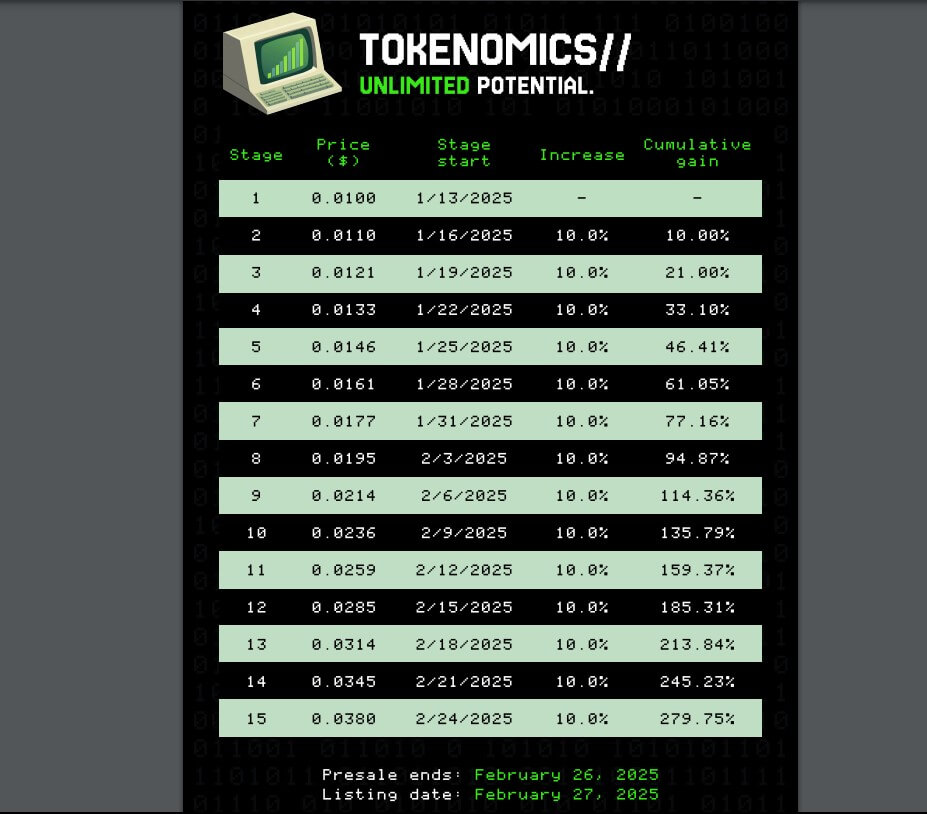- Nasdaq has filed a 19b-4 form for the proposed Canary Litecoin ETF.
- The SEC recently asked Canary Capital to amend the S-1 form of the proposed Litecoin ETF.
- The initial filing for the Canary Litecoin ETF was made in October 2024.
Nasdaq has taken a pivotal step by filing a 19b-4 form for the proposed ‘Canary Litecoin ETF,’ signaling the start of the US Securities and Exchange Commission (SEC) review process.
This filing comes just after Canary Capital amended its S-1 form, completing the necessary duo of documents required for the SEC’s consideration.
The 19b-4 form, submitted on Wednesday, outlines that US Bancorp Fund Services, LLC will act as the administrator for the ETF, with US Bank N.A. tasked with managing the fund’s cash assets. The custody of the actual Litecoin for the ETF will be handled by Coinbase Custody Trust Company LLC.
Canary Litecoin ETF is part of the growing list of proposed crypto ETFs
This move by Nasdaq and Canary Capital is part of a broader trend where multiple firms are pushing for spot ETFs based on various cryptocurrencies, including Solana and XRP, amidst speculation that the incoming Trump administration could be more favourable towards crypto regulations.
The SEC has previously given the green light to Bitcoin ETFs in January 2024 and Ethereum ETFs later that year, paving the way for other crypto-based financial products.
Bloomberg Senior ETF Analyst Eric Balchunas has expressed optimism about the Litecoin ETF’s prospects, stating on X that feedback from the SEC on the S-1 form bodes well for approval. However, he also noted that the imminent change in SEC leadership could introduce significant variables.
Gary Gensler’s tenure as SEC Chair concluded on Monday, and President-elect Donald Trump has nominated Paul Atkins, a former SEC commissioner known for his crypto-friendly views, to take over. The confirmation hearing for Atkins might occur in March, potentially influencing the regulatory climate for cryptocurrencies.
Canary Capital’s initial filing for the Litecoin ETF occurred in October 2024, marking the beginning of this regulatory journey.
With the 19b-4 and S-1 forms now in place, the focus shifts to the SEC, where the process will unfold over the coming months. This filing is a critical milestone in potentially bringing Litecoin to mainstream investors through a regulated financial product, highlighting the growing intersection between traditional finance and the digital asset space.
The post Nasdaq files 19b-4 form for ‘Canary Litecoin ETF’ SEC approval appeared first on CoinJournal.

